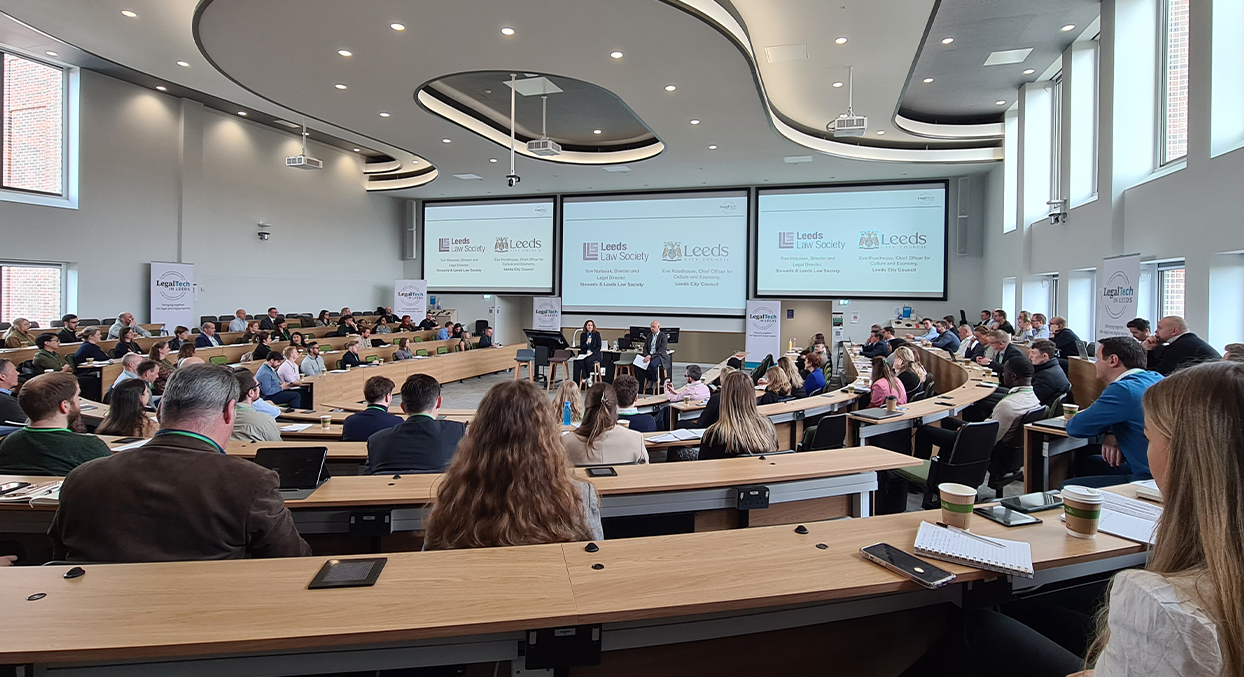ChatGPT was launched less than 18 months ago. This relatively brief period feels like a lifetime, considering the seismic changes to date which are likely only the start. The rapid expansion of artificial intelligence (AI) capabilities is not just transforming industries, but will reshape almost every corner of society. Tim Symes and Aleks Valkov examine the potential impact of AI specifically on insolvency and insolvency professionals.
Like the concept of death, the notion that we are at risk of extinction by AI is difficult to get our heads around, even if the late Professor Stephen Hawking laid it out in stark terms:
“The development of full artificial intelligence could spell the end of the human race… It would take off on its own and redesign itself at an ever-increasing rate. Humans, who are limited by slow biological evolution, couldn’t compete and would be superseded.”
Rest assured, this article is not a discussion about our impending extinction. Instead of seeing AI as a threat, it can act as a valuable tool for insolvency professionals. In any event we are still not at the stage of artificial general intelligence (“AGI”, ie machines that can comprehend, learn and perform intellectual tasks much like humans).
‘AI enhanced’ investigations and asset recovery claims
Generative AI (GenAI) will profoundly impact the work of insolvency professionals. For example, it will revolutionise the investigation process unrecognisably by making intelligent sense at great speed of large swathes of disparate documentary information.
GenAI will enable insolvency professionals to analyse, formulate and prosecute claims that might never see the light of day otherwise. In short, it has the potential to create a level playing field across estates regardless of funds available or the complexity or volume of documents.
GenAI platforms will be able to prepare chronologies, identify individuals and understand conversational themes within emails, cross-referencing that data with financial information such as bank statements. They could be tasked with drawing together themes and discussions of relevance and identifying the people involved, for example, if there is a suspected fraudulent scheme to divest the company of its assets or otherwise impoverish its creditors. They could even help find links that are not obvious to the human reviewer’s eye and throw up important new investigation leads.
Within minutes, an insolvency investigator could be in possession of a report analysing many gigabytes of emails, messages and other documents spanning years (though, at the moment, the technology is more in the realm of many megabytes).
The kinds of analysis GenAI will be able to do will significantly improve the overall efficiency and ability to conduct investigations with algorithms and the necessary training.
Automating the analytical stage of the investigation will free up insolvency teams to deploy their human skills of nuance, gut feel and overall strategic approach.
Interviews
GenAI technology will also be a game-changer for director interviews. Real-time transcription and production of summaries are already functions embedded in many recording platforms. GenAI will enhance real-time analysis to highlight anomalies or inconsistencies in answers as they are given or as between answers in other interviews already carried out and suggest follow-up questions to clarify unclear responses.
Lower costs
While using GenAI technology will come at a cost to insolvency estates, compared to the long hours a manual analysis would take it will be negligible. The deployment of GenAI to analyse documents will become routine, and the number of estates that can be investigated cost-effectively will soar.
More recoveries
More investigations will mean more assets and claims are identified, meaning more recoveries into the estate. GenAI looks set to be responsible for swelling the assets of many more estates and meaningfully enhancing the prospect of more creditors recovering more of their debt from insolvent estates.
You can find further information regarding our expertise, experience and team on our Insolvency and Asset Recovery page.
If you require assistance from our team, please contact us or alternatively request a call back from one of our lawyers by submitting this form.







